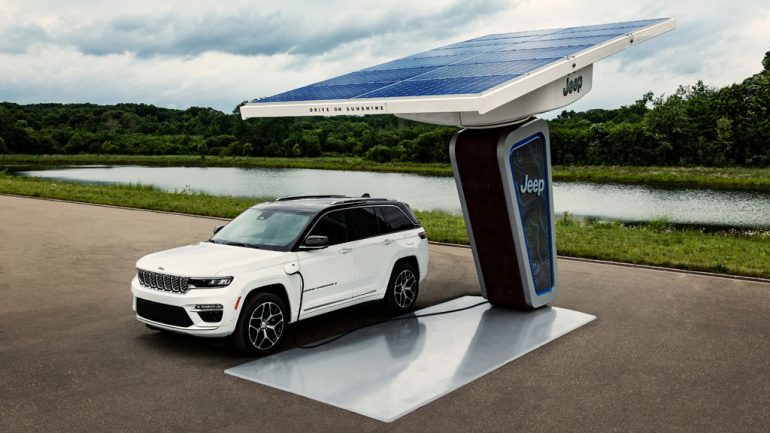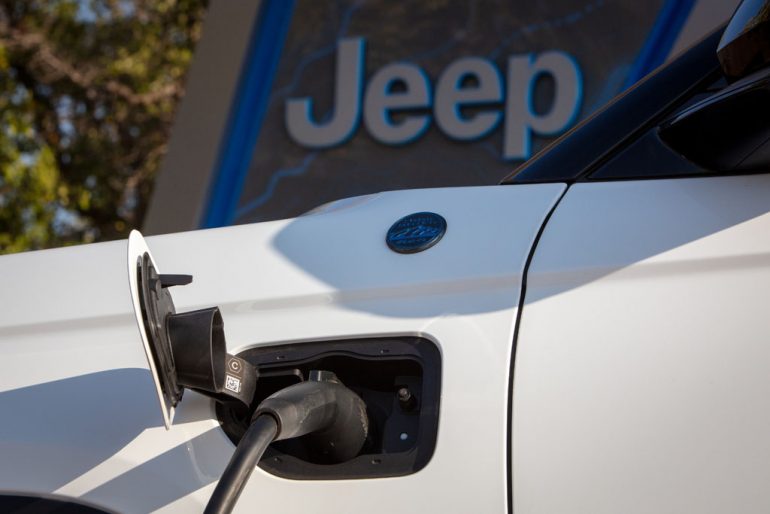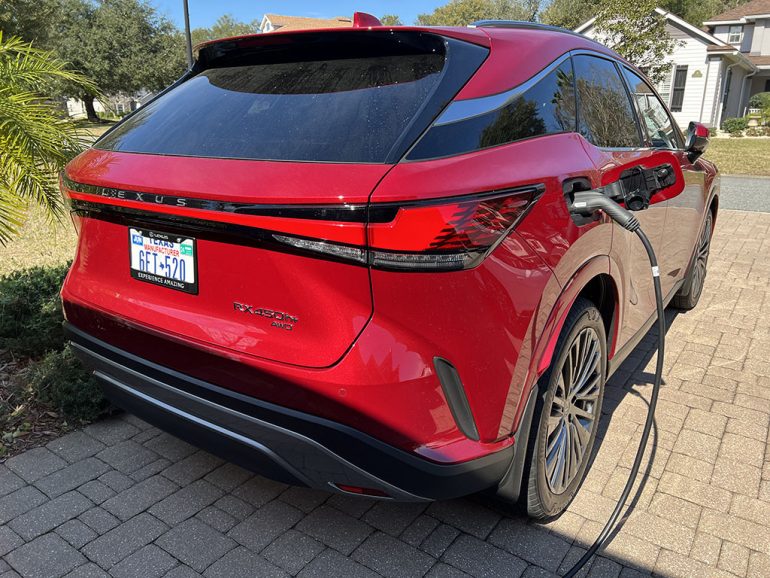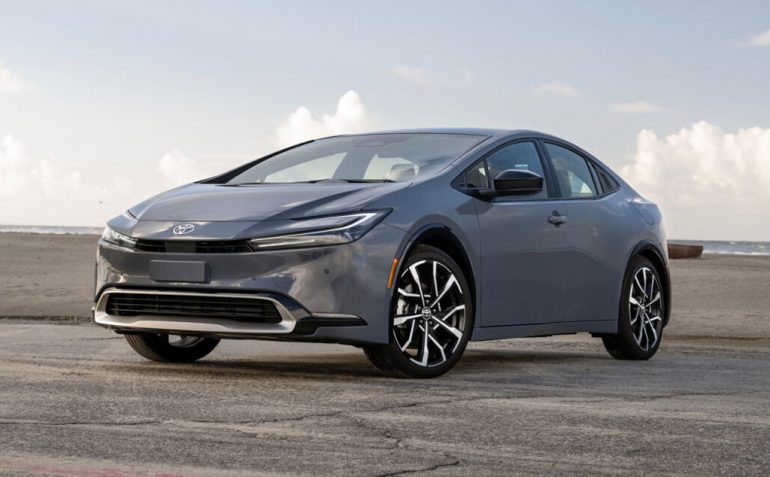
The emergence of plug-in hybrids (PHEVs) is reshaping the automotive landscape, offering consumers a middle ground between traditional gasoline vehicles and fully electric ones. Unlike conventional hybrids, which rely solely on an internal combustion engine and an electric motor, PHEVs come equipped with a chargeable battery that prioritizes electric power. This feature allows them to travel a limited distance, typically between 20 and 40 miles, solely on electricity before switching to gasoline.
For many drivers, PHEVs represent an attractive option for reducing their carbon footprint while still enjoying the convenience of gasoline-powered vehicles. Some view them as a transition towards fully electric vehicles, showcasing a willingness among consumers to embrace cleaner transportation options. According to J.D. Power’s Electric Vehicle Experience Ownership Study, most PHEV owners express satisfaction with their vehicles and are open to considering battery electric vehicles (BEVs) for future purchases.

Automakers are also capitalizing on the growing interest in PHEVs, with brands like Jeep, Toyota, BMW, Chrysler, and Volvo leading the market share in 2023. Toyota’s commitment to hybrids and PHEVs has proven successful, with electrified vehicles accounting for a significant portion of its sales. Similarly, Stellantis, particularly through its Jeep and Chrysler brands, has recognized the importance of plug-ins in reducing emissions and attracting new customers.
Despite the surge in PHEV adoption, challenges remain, including the availability of charging infrastructure and regulatory standards. California’s Advanced Clean Cars II rule, followed by several other states, mandates increasing percentages of zero-emission vehicle sales, incentivizing automakers to incorporate PHEVs into their lineups to meet emission targets.

Environmental advocacy groups generally support PHEVs as a means of reducing emissions, although there are concerns about overreliance and inconsistent electric mode usage among consumers. The push for cleaner vehicles, whether hybrid, plug-in hybrid, or fully electric, underscores the importance of continued investment in zero-emission technologies.

While PHEVs offer flexibility and emission reductions, they represent only a fraction of the overall market and may pose additional costs for automakers amidst broader electrification efforts. Despite this, they are seen as a vital component of the transition towards a more sustainable transportation future, albeit not the ultimate solution.
Source: Automotive News (subscription required)

Mike Floyd is a finance executive by trade and a car enthusiast at heart. As a CFO with a keen eye for detail and strategy, Mike brings his analytical mindset to the automotive world, uncovering fresh insights and unique perspectives that go beyond the surface. His passion for cars—especially his favorite, the Porsche 911, fuels his contributions to Automotive Addicts, where he blends a love for performance and design with his professional precision. Whether he’s breaking down industry trends or spotlighting emerging innovations, Mike helps keep the site both sharp and forward-thinking.